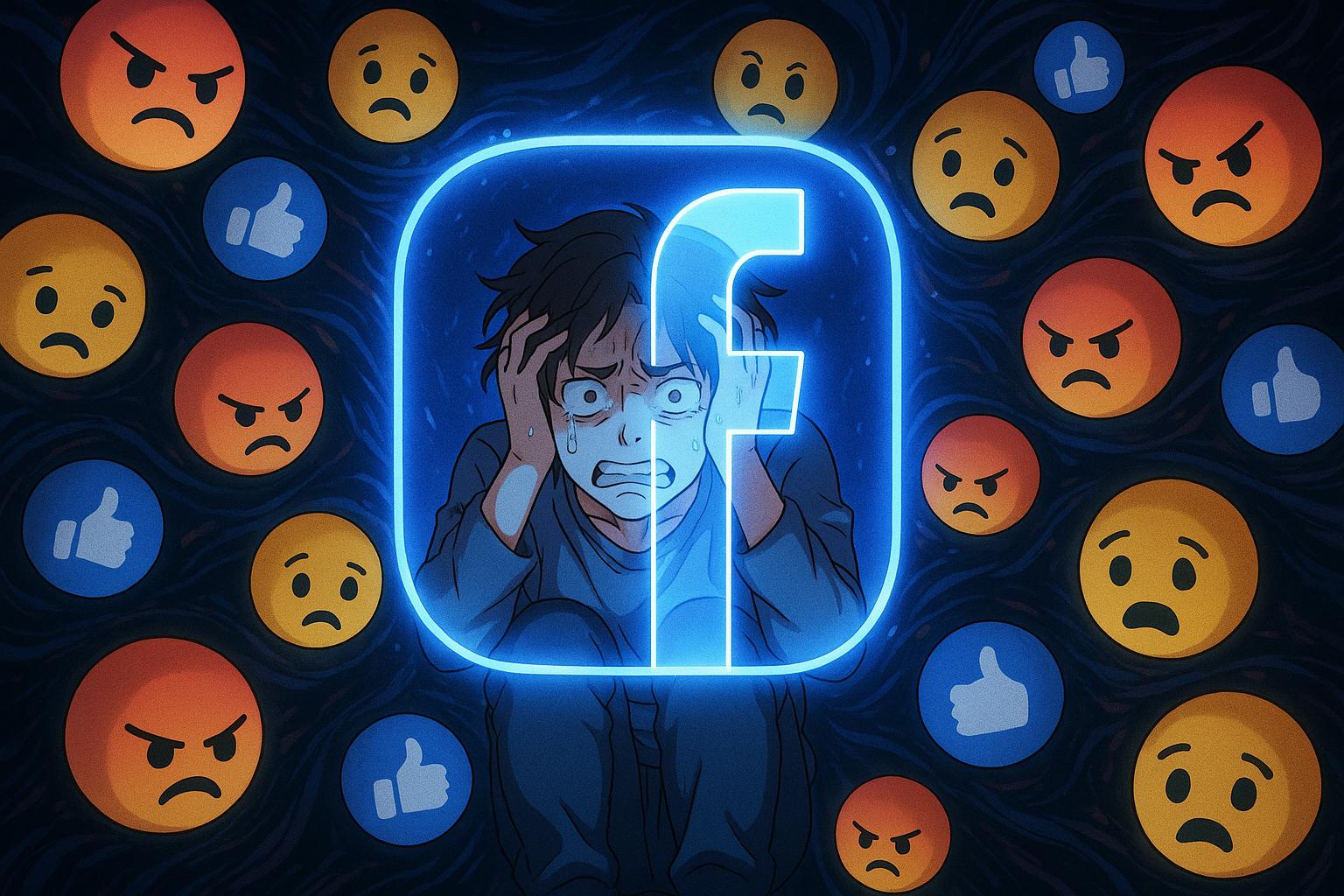Joe Rogan recently expressed shock over an unsettling revelation regarding Facebook's clandestine manipulation of user emotions. This secretive experiment, which occurred in 2012, involved altering the news feeds of nearly 700,000 users to gauge how emotional content could influence their own expressions and feelings. The unsettling nature of this undertaking was highlighted by Rebecca Lemov, a science historian and expert on mind control, during her appearance on The Joe Rogan Experience podcast.
According to Lemov, users were subjected to a one-week trial where their feeds were selectively altered, either to amplify positive or negative sentiments. Facebook claimed that the goal of this study was to enhance user engagement by making the content they see more relevant. However, many critics were quick to label this as a form of brainwashing, with concerns over the ethical implications of such manipulation. Lemov likened the effects of this emotional conditioning to the brainwashing techniques employed by cults, which aim to reshape individuals' thought processes by fostering a 'contagious' emotional environment. “It's not that it changed my thoughts, it's that it changed my feelings about my thoughts,” she explained.
The reaction to the experiment, which did not inform participants beforehand and lacked explicit consent, was overwhelmingly negative when it surfaced in 2014. One distressing account from a participant alleged that the negative content they were exposed to during the trial contributed to suicidal thoughts. Lemov noted that this incident underscores the potential harm such manipulative practices can cause. "Whenever people have power, unchecked power, and insane influence... you could get away with so much,” Rogan warned, pointing to the vulnerability inherent in the human psyche, especially regarding influences in social media and community interactions.
Despite the public outcry, the experiment was ultimately deemed permissible under Facebook’s user agreement, a realization that left many unsettled. The Electronic Privacy Information Center, a non-profit advocating for privacy rights, made an official complaint to the Federal Trade Commission (FTC), claiming that Facebook's actions violated users' trust and a previous FTC ruling regarding consent and data usage. However, this complaint did not precipitate any substantial legal action.
Shoshana Zuboff, an eminent scholar in digital privacy, has also critiqued this behaviour, asserting that it exemplifies a troubling trend where tech companies exploit user data without regard for individuals' autonomy. In her analysis, Zuboff stresses the need for societal pushback against such practices, advocating for a digital landscape where individual rights are respected.
The fallout from the 2012 experiment extended beyond Facebook, prompting investigations by various governmental bodies in the US and the UK. Although the UK's Information Commissioner's Office conducted an inquiry, no sanctions were imposed on Facebook. In the aftermath, the company claimed to have revamped its research protocols in response to the backlash, asserting future studies would be more ethically conducted.
Rogan’s podcast subsequently explored broader issues of manipulation in the digital sphere, referencing research by Robert Epstein, who found that online search results could heavily influence undecided voters — an observation particularly relevant in the context of the 2016 US presidential election. He noted instances where search results presented a severely biased narrative, potentially swaying public opinion without users' awareness, thus illustrating a pattern of subtle coercion through information control.
Amidst ongoing concerns about the ethical practices of major tech companies, Rogan also mentioned Meta's recent decision to dismantle its third-party fact-checking programme, citing criticism over its impact on free speech. This underscores a growing disquiet regarding how digital platforms manage information, balance user privacy, and the ethics of emotional manipulation in online spaces.
The disturbing implications of these findings serve as a reminder of the delicate balance between technological innovation and ethical responsibility. As social media continues to play an integral role in shaping public discourse and individual behaviour, the need for transparency and accountability within these platforms remains crucial.
Reference Map
Source: Noah Wire Services
